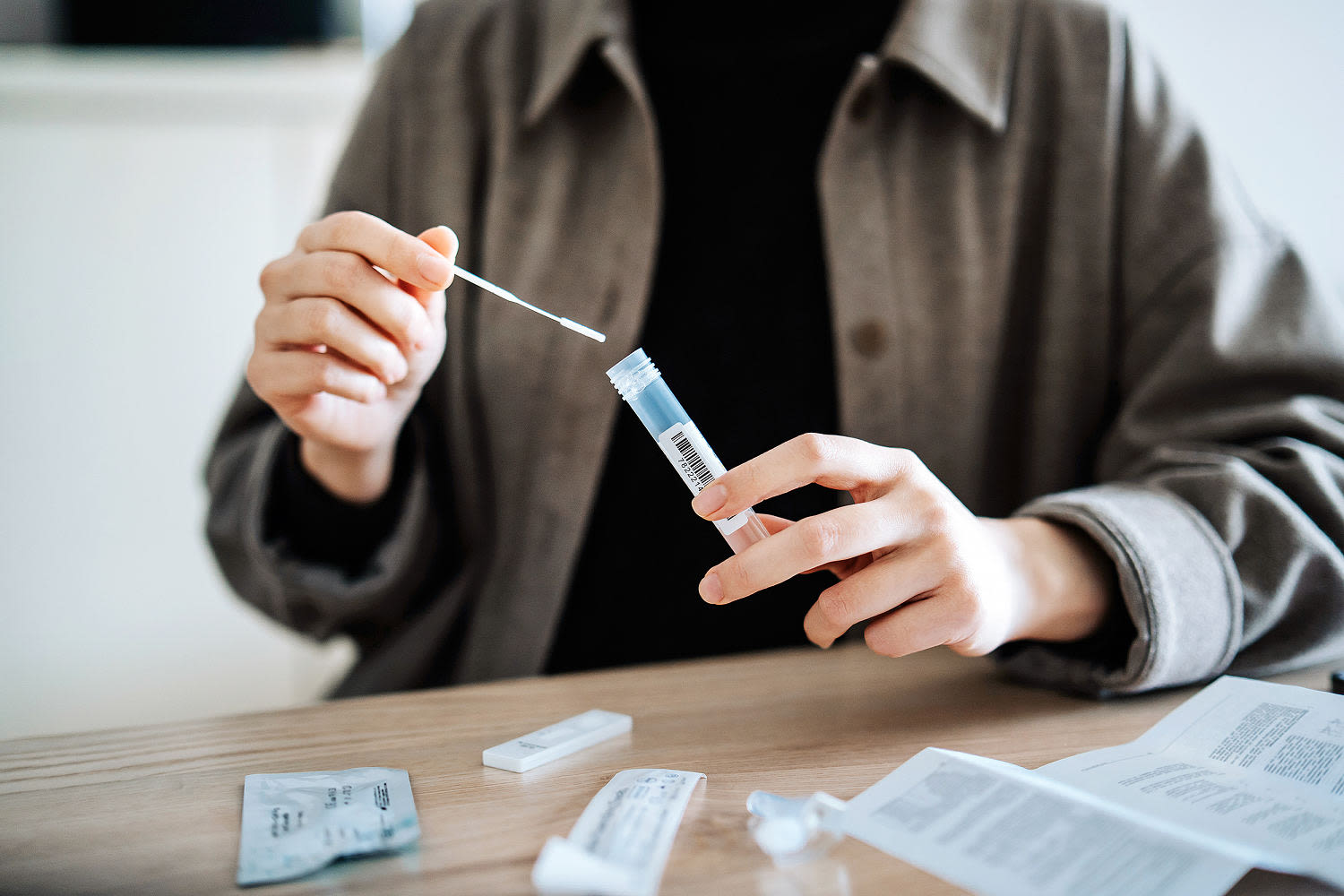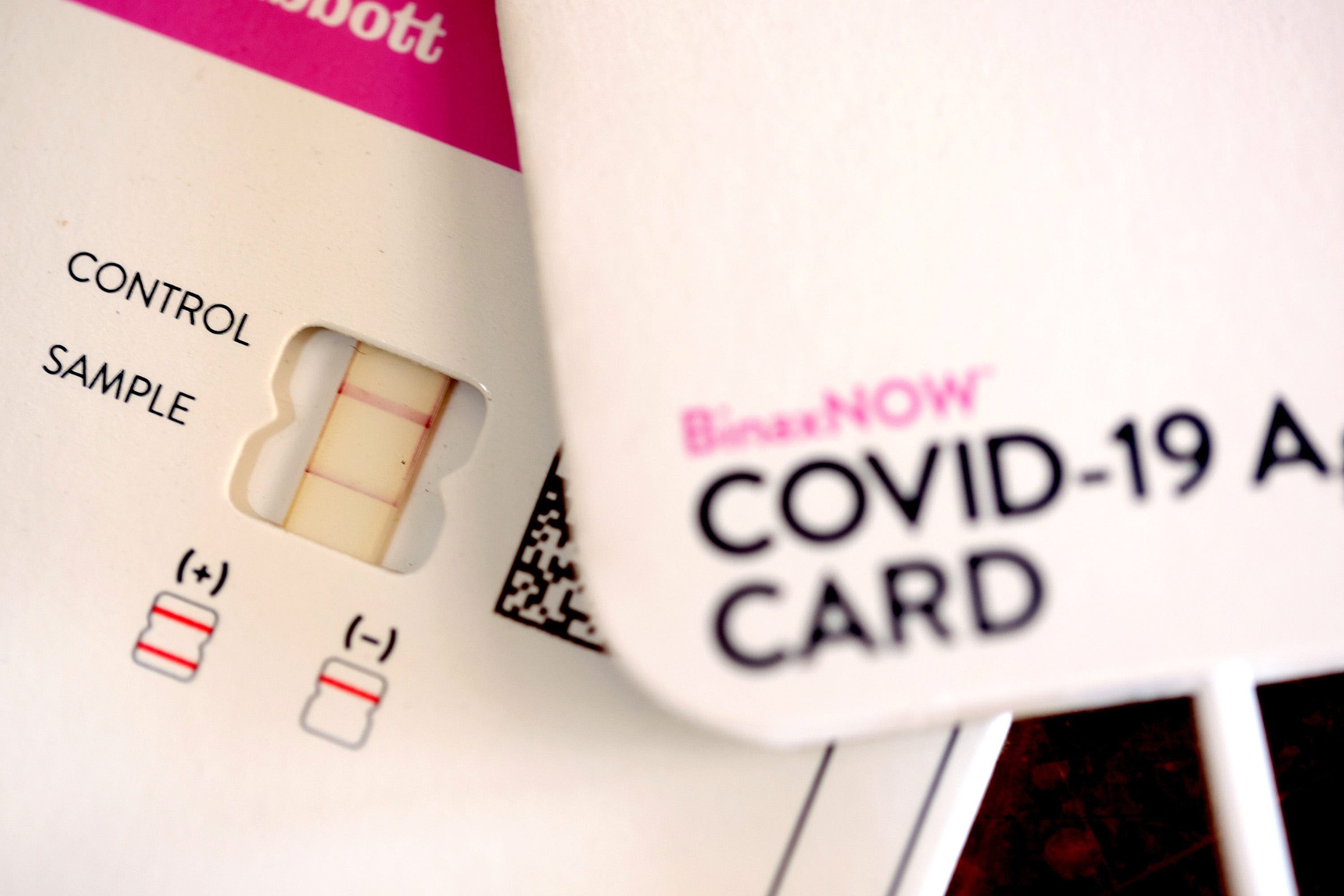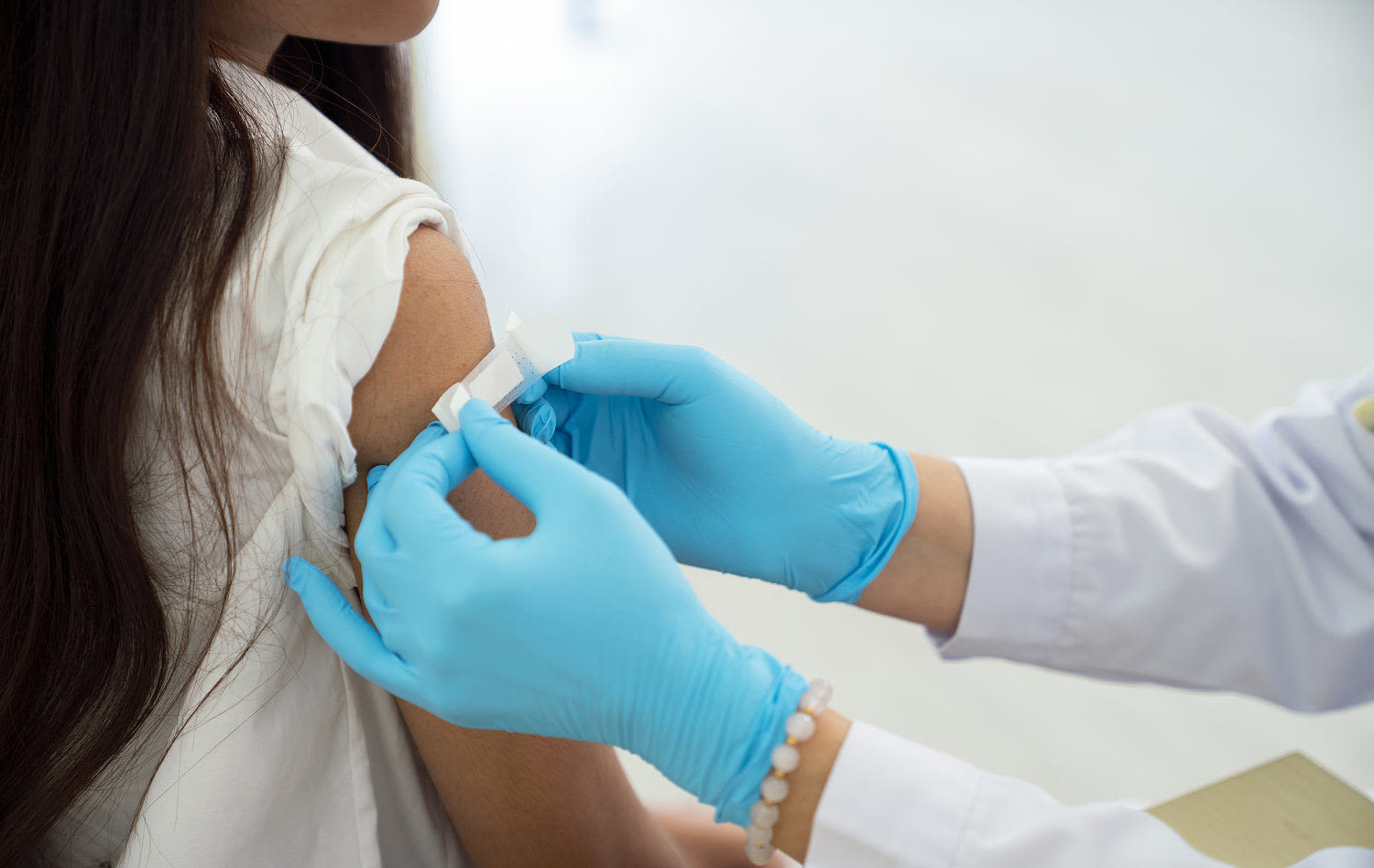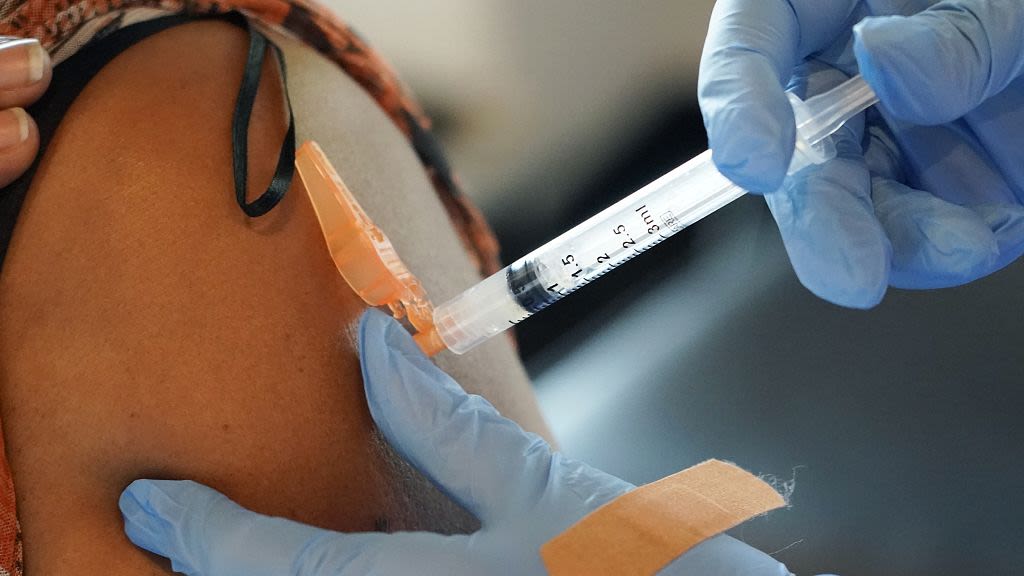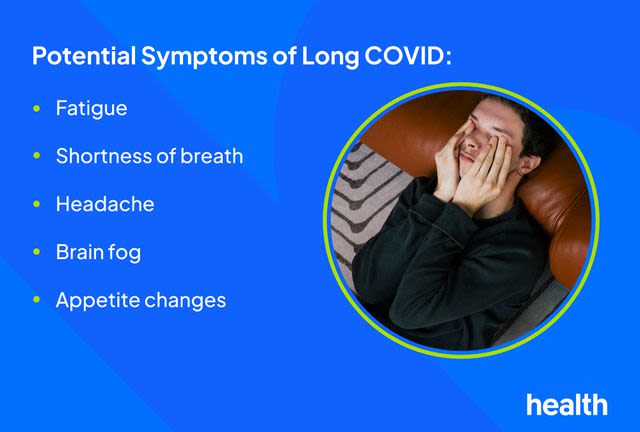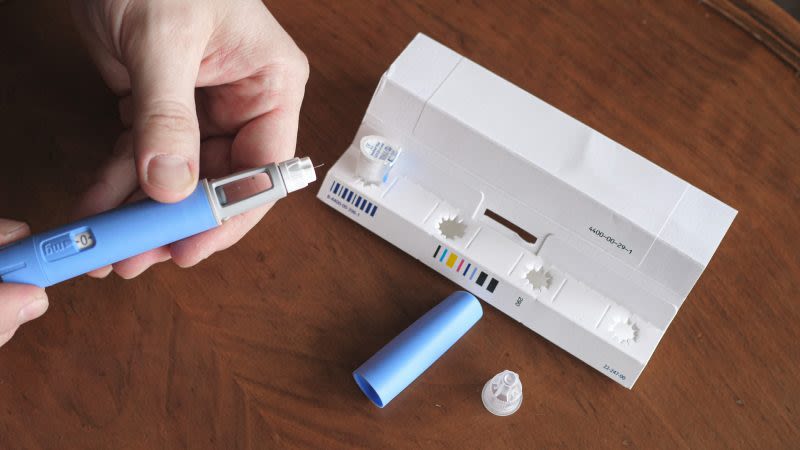Search results
Jul 12, 2024 · Key points. If you have COVID-19 and are more likely to get very sick, medications are available that can reduce your risk of hospitalization and death. Don't delay: Treatments must be started within 5-7 days after you first develop symptoms to be effective.
- COVID-19 Treatment Clinical Care for Outpatients
Clinicians should consider COVID-19 treatment in patients...
- If You Get Sick with COVID-19, Antiviral Treatments Can ...
COVID-19 antivirals can reduce the risks of hospitalization...
- COVID-19 Treatment Clinical Care for Outpatients
- At-Home Care For Covid-19
- Emergency Warning Signs of Covid-19
- Protecting Others If You Have Covid-19
- Protecting Yourself While Caring For Someone with Covid-19
- After Recovery from Covid-19
Many people with COVID-19 get better with rest, fluids and treatment for their symptoms. Medicine you can get without a prescription can help. Some examples are: 1. Fever reducers. 2. Pain relievers, such as ibuprofen (Advil, Motrin IB, others) or acetaminophen (Tylenol, others). 3. Cough syrup or medicine. A person at high risk of serious COVID-19...
Carefully watch yourself or the person you're caring for to see if COVID-19 symptoms are getting worse. Get emergency help right away for any of these symptoms: 1. Breathing problems or not being able to catch your breath. 2. Skin, lips or nail beds that are gray or blue. 3. New confusion. 4. Trouble staying awake or waking up. 5. Chest pain or pre...
To prevent the spread of the COVID-19 virus to others, stay home and apart from anyone you live with for as long as you have worsening symptoms. You can wear a face mask if you must be around other people. You also can take other actions that lower the chance of spreading the virus that causes COVID-19: 1. Wash your hands well and often using soap ...
As you care for someone with COVID-19, avoid touching that person's fluids. Wash your hands after cleaning up waste such as used tissues, vomit, stool or urine. Continue all the actions that help prevent the spread of the virus that causes COVID-19. This includes washing your hands with soap and water for at least 20 seconds, not touching your face...
As you or the person you're caring for gets better, watch for any symptoms that don't go away. Some people report symptoms that continue for months or new medical issues after having COVID-19. Make sure to track symptoms and contact your healthcare professional if they don't get better. Also, once you recover, you will likely have some protection f...
News about COVID-19, testing, tests
News about COVID-19, vaccine, booster
News about Long COVID, flu, symptoms
Also in the news
Dec 19, 2023 · What treatments are available for COVID-19? If you are infected but being treated outside of the hospital, the FDA has approved Paxlovid (nirmatrelvir tablets and ritonavir tablets, co-packaged...
May 11, 2024 · COVID-19 medicine can help people who are at risk of, diagnosed with, or have symptoms of coronavirus disease 2019 (COVID-19). The medicine helps manage symptoms, stop the virus that causes COVID-19 from spreading in the body, and manage the body's immune system response.
Jul 12, 2024 · Clinicians should consider COVID-19 treatment in patients with mild or moderate COVID-19 who have one or more risk factors for severe COVID-19 to reduce progression to hospitalization and death. Treatment must be started as soon as possible and within 5-7 days of symptom onset.
Mar 27, 2024 · Treatment for serious COVID-19 illness For people who are in the hospital for COVID-19 care, care is given based on a person's immune system response and the need for oxygen support. Added oxygen may be given through a tube in the nose.
Dec 21, 2023 · COVID-19 antivirals can reduce the risks of hospitalization and death if you're at increased risk of getting very sick, regardless of your vaccination status. You should consider treatment for COVID-19 if it is recommended for you. Antivirals are not a replacement for COVID-19 vaccines.
